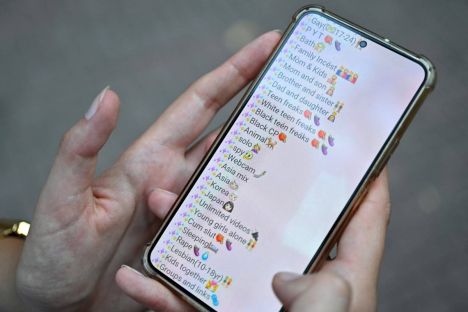Africa must pivot from aid to trade: WTO
Africa must pivot from aid to trade: WTO
By AFP
Africa must take charge of its development through trade and investment, a senior World Trade Organization official said Thursday, warning that rising defence budgets in donor countries will further squeeze aid.
The global economy has been on a rollercoaster since President Donald Trump returned to the White House in January, launching a fresh wave of tariffs and announcing foreign aid cuts that are hammering development projects in Africa.
A major US-African trade deal that allows duty-free access on certain conditions is also hanging in the balance, with fears that it may not be renewed in September.
"Africa needs to take charge of its own destiny," Bright Okogu, the cabinet chief of WTO Director-General Ngozi Okonjo-Iweala, told AFP on the sidelines of a G20 meeting in South Africa.
"It is not enough to think somebody else is going to develop Africa for us," said Okogu, a Nigerian national and former executive director of the African Development Bank.
Despite its vast natural resources, Africa is still grappling with widespread poverty, with intracontinental trade at a paltry 15 percent, according to the African Continental Free Trade Area.
"If you have critical minerals like lithium in your country, you have to negotiate terms very well. You have to attract investments so that they can process the minerals in the country, create jobs and add value," Okogu said.
He warned that shifting global priorities were making aid increasingly unreliable, urging African nations to build stronger domestic policy foundations.
This included a plan by NATO allies to increase defence funding to five percent of gross domestic product per year by 2035.
Industry powerhouse South Africa is the only African nation in the G20 and has made debt sustainability and climate resilience for developing countries top of the priorities of its presidency of the group of developed and developing nations.
The complex task involves coordinating a broad and fractious membership that includes the United States, China, Russia, the European Union and the African Union.
Interest payments exceed 10 percent of government revenue in 56 developing countries, nearly double the number from a decade ago, according to the UN Development Programme.







